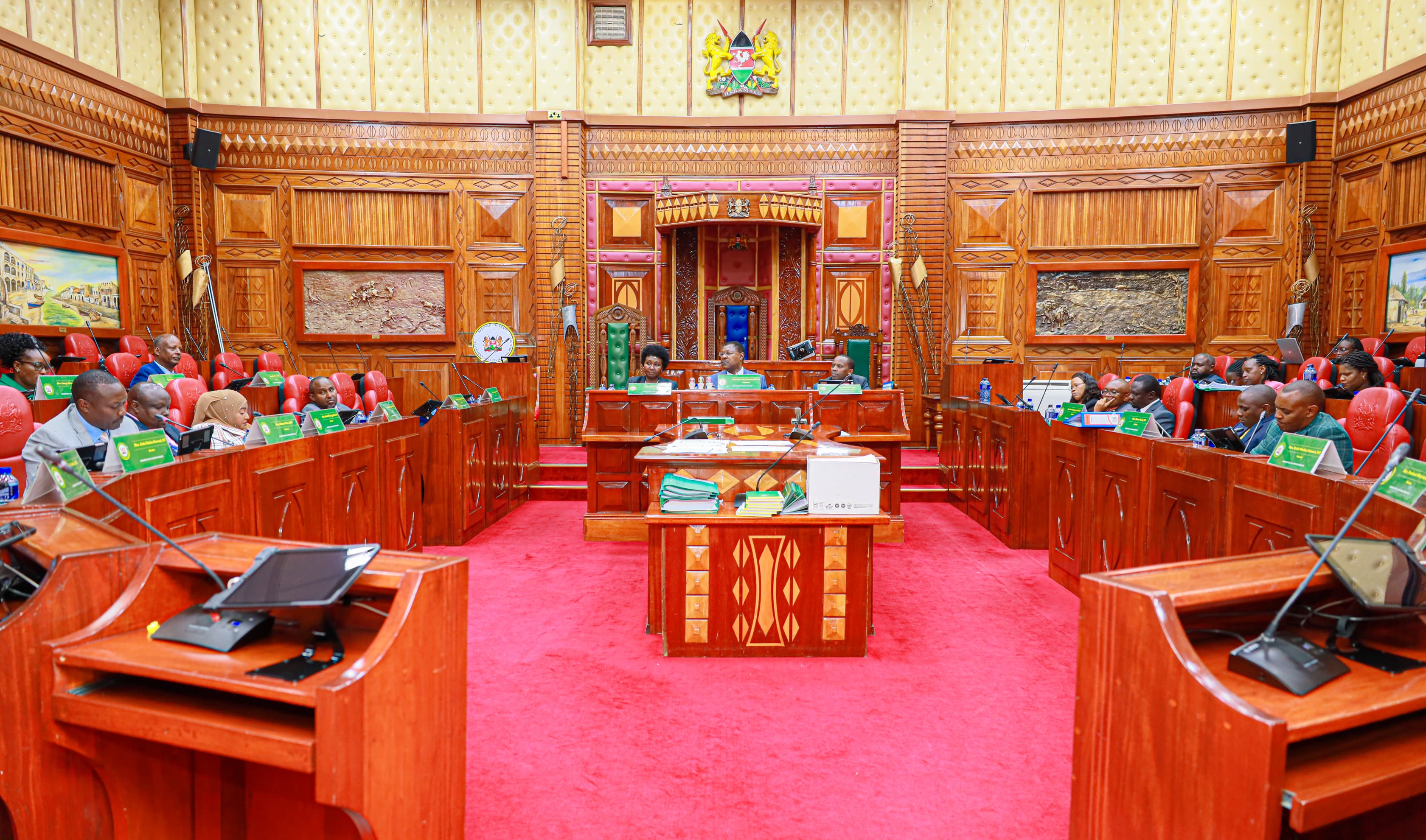Home » Media Centre » Blogs » CSs Vetting, will Parliament step up to its oversight role?

The week begins with a busy schedule for the National Assembly Committee on Appointments that has the critical task of vetting President William Ruto’s nominees to the cabinet. This comes barely three weeks after the President dismissed his whole cabinet except for the Prime Cabinet Secretary and Deputy President. A move intended to show political goodwill to citizens who had expressed their clear dissatisfaction with the quality of leadership demonstrated by his appointees who were just two months shy of hitting the two-year anniversary.
Questions of integrity targeting his cabinet members, the full-on display of opulence in the face of hardships occasioned by the high cost of living, poor service delivery among others, were some of the reasons citizens demanded immediate change. The President’s decision came after “an extensive appraisal of the Cabinet performance” as he stated in his statement on July 11th, 2024.
However, in his pronouncement of nominees to reconstitute his Cabinet, several names from the freshly dismissed cabinet re-emerged casting doubt on the public trust he attempts to rebuild. Such nominees include Kindiki Kithure (Interior and National Government Administration), Aden Duale (Defence, now nominated to the Environment docket), Alice Wahome (Lands), Davis Chirchir (Energy, now nominated to Roads and Transport), Soipan Tuya (Environment, now nominated to the Defence), Rebecca Miano (Trade, now nominated to Tourism), Justin Muturi (Attorney General, now nominated to Public Service), Kipchumba Murkomen (Roads, now nominated to the Sports docket), Alfred Mutua (Tourism and Wildlife, nominated to Labour, and Salim Mvurya (Mining and Blue Economy, now nominated toTrade).
Additionally, in what he termed as forming a “broad-based Cabinet”, the President also named a few members of the opposition coalition, Azimio la Umoja One, among his nominees. Notably, National Assembly Minority Leader, Opiyo Wandayi, Nominated MP, John Mbadi and former Mombasa Governor, Ali Hassan Joho. In defending this decision, Dr Ruto claims that the appointment of members of the opposition would go a long way in building an inclusive government.
His staggered pronouncements of the cabinet nominees have raised more questions than instilled faith in the intent to do the citizens’ will. While he didn’t divulge many details on the outcomes of the appraisal of the cabinet performance, one wonders whether based on the key performance indicators, some of the nominees rightfully deserved to be reshuffled to dockets they are better aligned with or reinstated to their former ministries because they delivered.
Kindiki’s nomination, for instance, raises eyebrows for many who have witnessed the excess use of force, abductions and killings committed by police in the past two months, all while he was at the helm. Does his reinstatement do justice to the tens (feared hundreds) of Kenyans who have lost their lives at the hand of police enforcement and to the families that have to go through the agonizing and painful journey of attaining justice?
While it is expected that these questions have been raised by concerned citizens through the public participation process, the nation shifts all attention to the National Assembly Committee on Appointments. The public has clearly called on the committee to fully exercise its oversight role and leave no stone unturned at the vetting hearings. As many have expressed, the Constitution, particularly Chapter Six on Leadership and Integrity is not a mere suggestion. The bar ought to be raised on the cabinet leadership.
Though previous nominations and requests by the Executive have seen very little opposition from Parliament, the Legislature is being called upon to shift the narrative and demand higher standards from the servants of the people with more scrutiny and adherence to the law.
Should Parliament fail in exercising its oversight role in defence of the Constitution and other laws of the land, Kenyans have made it clear that they shall not hesitate to exercise the rights enshrined in Article 1 of the Constitution.
Beyond the vetting, Kenyans have other expectations as far as accountability goes. It is not enough to dismiss Cabinet Secretaries. Kenyans expect that any unlawful acts by those dismissed should be investigated and justice should prevail. The daily media reports highlighting revelations of graft by the Auditor-General indicate that all is not well in the running of the nation and heads must start to roll.
Parliament is an avenue of justice often unwilling to exercise its powers for the benefit of the citizens, but times have changed. It’s business unusual.
Categories: Parliament Oversight vetting
You must login to comment
There are no comments.